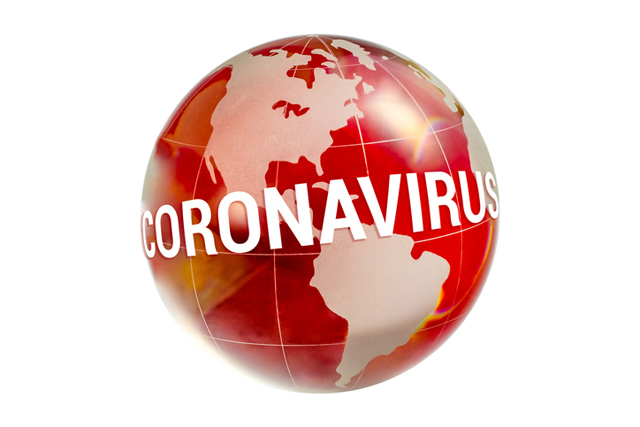Disease Knows No Borders: UC to Address COVID-19 Impacts on U.S-Mexico Region
March 20 webinar is the first in a series of dialogues among University of California experts
Published Date
By:
- Christine Clark
Share This:
Article Content
As the spread of COVID-19 has permeated communities around the world, experts from the University of California are looking at how to protect those most vulnerable along the U.S.-Mexico border.
UC San Diego and UC San Francisco along with collaborators with the UC-Mexico Initiative will host a series of webinars beginning March 20 to analyze best practices to combat the pandemic and improve cooperation between research centers, universities, civil society, the private sector and the three levels of government. The series of dialogues, COVID-19: U.S.-Mexico Interdependence and Cooperation are set to take place over the coming months and will be conducted in Spanish only.
“Disease knows no borders, and it’s clear we need comprehensive plans to respond to COVID-19 outbreaks in our populous border regions, which also act as a nexus for trade and economic development,” said Rafael Fernández de Castro, director of the Center for U.S.-Mexican Studies at UC San Diego’s School of Global Policy and Strategy. “Cooperation is key between governments on any continent, and our discussions hope to identify pathways moving forward that also recognize the need to protect migrant communities in shelters along the Southern borders.”
The first webinar on March 20 from 10 to 11:30 a.m. PST will address how both countries are testing for the disease and help identify the best private-public practices as well as improving binational medical treatment. The second webinar, scheduled for the week of March 23, will focus on the possibility of closing the border and its pros and cons, regional cooperation, and protecting migrant populations.
Details on the March 20 webinar, which is open to media, are below. Information on future discussions will be made available once details are finalized.
- 10 - 10:10 a.m. – Introduction and objectives
-Stefano Bertozzi, Director, Alianza UCMX (UC-Mexico Initiative)
-Rafael Fernández de Castro, Director of the Center for U.S.-Mexican Studies - 10:10 -10:30 a.m. – Current panorama. What do we know at the moment?
-Jaime Sepúlveda, Director of the UC San Francisco Global Health Institute - 10:30-10:50 a.m.– Testing. How are both countries doing and what are the best private-public practices?
- 11-11:10 a.m. – Medicine and treatment. How can we improve bilateral cooperation?
- 11:10-11:30 a.m. – Q&A Session
For more information about the Center for U.S.-Mexican Studies, go here.
Share This:
Stay in the Know
Keep up with all the latest from UC San Diego. Subscribe to the newsletter today.




